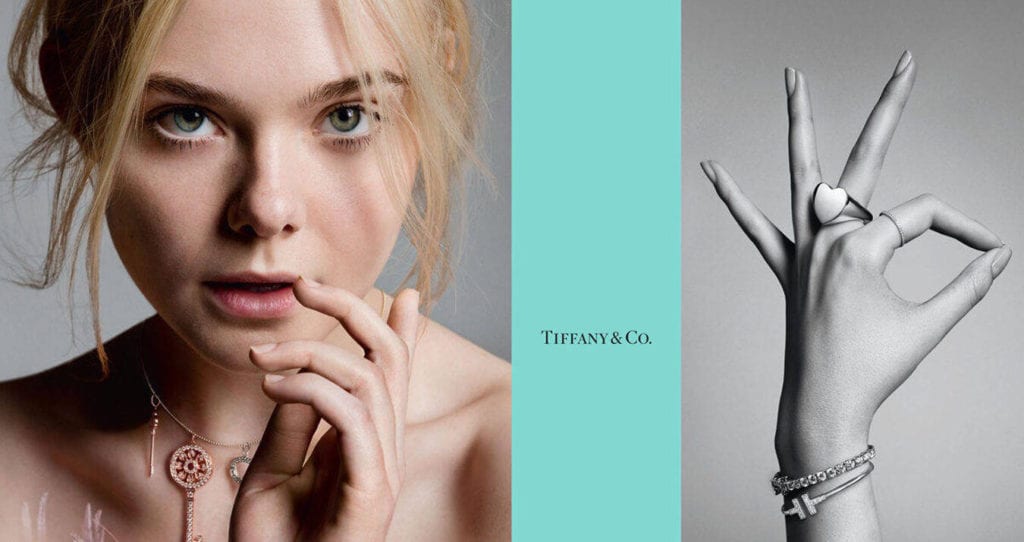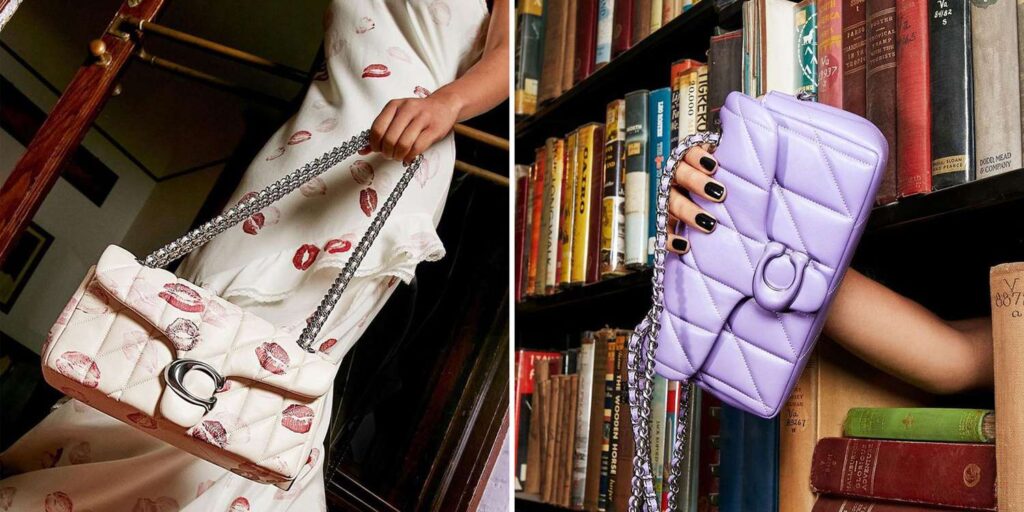LVMH Moët Hennessy Louis Vuitton officially closed a deal to buy Tiffany & Co. In a statement on Monday the Paris-based luxury goods conglomerate, which maintains an arsenal of 75 brands, which range from fashion houses like Louis Vuitton, Dior, Givenchy, and Fendi to spirits companies, such as Veuve Clicquot and Moet, confirmed that it will pay a whopping $16.2 billion for the American jewelry giant, following from reports that it had upped its offer from the initial unsolicited $14.5 billion bid it made last month, which the board for the 182-year old New York-based jewelry company reportedly rejected.
The deal’s price tag – which sees the Bernard Arnault-led LVMH paying $135 for each outstanding Tiffany & Co. share in cash for a total of $16.2 billion – is up from the $130 per share offer reportedly floated by LVMH earlier this month and “$15 higher than the original all-cash offer delivered to Tiffany by LVMH managing director Antonio Belloni on October 18,” per Reuters. “It represents a 7.5 percent premium over Tiffany’s closing share price on Friday and is more than 50 percent higher than where the price stood before LVMH launched its effort to woo the company.”
In what is the biggest – and most expensive – deal of LVMH’s to date, including the $13 billion that LVMH paid in April 2017 to formally bring the long-affiliated but technically separate Christian Dior brand under its ownership umbrella, Tiffany & Co.’s offerings will bolster LVMH’s smallest division: jewelry. Despite owning a sweeping array of luxury-centric brands, LVMH is relatively light when it comes to “hard luxury.” Its Watches & Jewelry division consists of Bvlgari Chaumet, FRED, Hublot, TAG Heuer, Zenith, and 99-year old Italian jewelry brand Repossi, upping its stake latter this year from 42 percent to 69 percent.
Not only will the Tiffany & Co. acquisition enable LVMH to make greater inroads into the $20 billion global jewelry market, which was “one of the strongest performing areas of the luxury industry in 2018,” according to consultancy Bain & Co, and “increase LVMH’s exposure to the bridal and diamond category, as well as to U.S. luxury shoppers,” according to Reuters, it will serve as part of what the Guardian characterizes as “the latest in a wave of consolidations in the luxury goods industry that is tilting towards the ‘Fuerdai’ – a new generation of wealthy Chinese consumers.”
Sources for CNBC reveal that while Tiffany & Co. “has been building up its e-commerce business, and is trying to court younger shoppers with more affordable pendants and earrings and new designs, LVMH believes Tiffany needs to spend more on reinventing and marketing its brands, and that it can achieve this only as a division of LVMH.”
“We are delighted to have the opportunity to welcome Tiffany, a company with an unparalleled heritage and unique position in the global jewelry world, to the LVMH family,” LVMH chairman and CEO Arnault, said in a statement on Monday.
According to the New York Times, the deal, which still requires the approval of Tiffany’s shareholders, is expected to close in the middle of next year.











